Vietnam has made great efforts to develop the automobile industry with a series of substantial policies to promote the development of the industry. However, the localization rate of Vietnam's automobile industry is still quite low. For vehicles with less than 9 seats, the localization rate is only about 10 - 20%. Trucks and passenger cars have achieved a higher rate, but overall, it is still below expectations.
The State has issued many policies and guidelines, and thanks to those policies and guidelines, a certain localization rate has been achieved. However, higher expectations and goals have not yet been achieved. Especially when the automobile industry is an important industry for the country's economy and for many other fields. This industry not only solves jobs but also creates an ecosystem and lays a foundation for the development of other important industries such as agricultural machinery, even equipment or machinery for national defense and security. Therefore, focusing on improving capacity and localization rate is a very important task of the automobile industry in the coming time.
At the seminar "Localization of the automobile industry with an independent and self-reliant economy", experts analyzed the reasons why it is difficult to increase the localization rate. First of all, the domestic market is relatively small. Thailand sells 1 million cars domestically, while Vietnam only sells 400,000 - 500,000 cars, half of Thailand's. The market is small, so it is very difficult to focus on profitable investment.
The second reason is that foreign automakers have ecosystems and connected production and supply chains.
The third reason is that the capacity of domestic enterprises is still quite limited, including: technology, research, finance...
The fourth reason is a series of policies that set out rates and commitments, but their actual implementation has not yet met requirements...
At the seminar, experts also proposed solutions to increase the localization rate of the automobile industry.
According to Prof. Dr. Hoang Van Cuong, National Assembly Delegate, Vice Chairman of the State Council of Professors, Vietnam has the advantage of attracting production, has become the world 's factory, so it is even more necessary to set a clear commitment on the localization rate. Whichever company is strong in a field should move the production of that part to Vietnam, thereby forming a supporting industry system. Companies must also link up and use each other's components, both serving the domestic market and aiming for export.
However, the question is whether we can monitor the localization roadmap or not? Currently, the answer is no. To truly localize, in addition to foreign corporations, it is necessary to have Vietnamese enterprises participate. Reality shows that when Vietnamese enterprises participate, the localization rate is very high. Therefore, the policy must create a foothold for domestic enterprises.
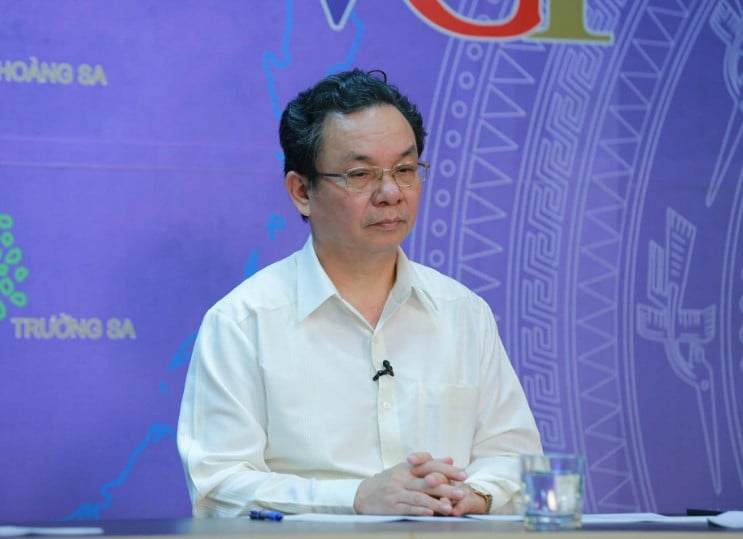 |
| Prof. Dr. Hoang Van Cuong, National Assembly Delegate, Vice Chairman of the State Council of Professors at the seminar. Photo: VGP/Minh Khoi. |
China’s experience can be a reference. Accordingly, there was a period when they forced foreign companies to enter production into joint ventures with domestic enterprises at a ratio of 50:50. Thanks to that, domestic enterprises gradually grew, accepted and mastered the technology. Therefore, in addition to the requirement of technology transfer, we need to prepare Vietnamese enterprises with the capacity to receive it.
Another tool is technical barriers. Many countries apply their own technical standards, forcing manufacturers to comply and produce domestically in order to consume their products. This is also an indirect way to promote domestic production.
"For a long time, we have focused on taxes, while other important tools such as regulating market share, localization commitments, supporting Vietnamese enterprises, joint venture requirements, technology transfer and technical barriers have not received due attention. It is understandable that the results have not been as expected," Mr. Cuong shared.
Dr. Nguyen Van Hoi, Director of the Institute for Strategy and Policy Research on Industry and Trade (Ministry of Industry and Trade) , said that the first issue is to focus on science and technology (S&T) because the automobile industry is a special industry, very different from other industries. For example, from bolts and screws, it is not that Vietnamese enterprises cannot produce them, but that Vietnamese enterprises are not allowed to produce them, because all bolts and screws of automobiles are related to intellectual property and industrial design. They have built a global chain, Vietnamese enterprises can completely produce them, but when participating in the global chain, the products are already available.
To change, we must first promote scientific and technological breakthroughs to develop all supporting industries of the automobile industry, from chassis, transmission, gearbox, electronic software,...
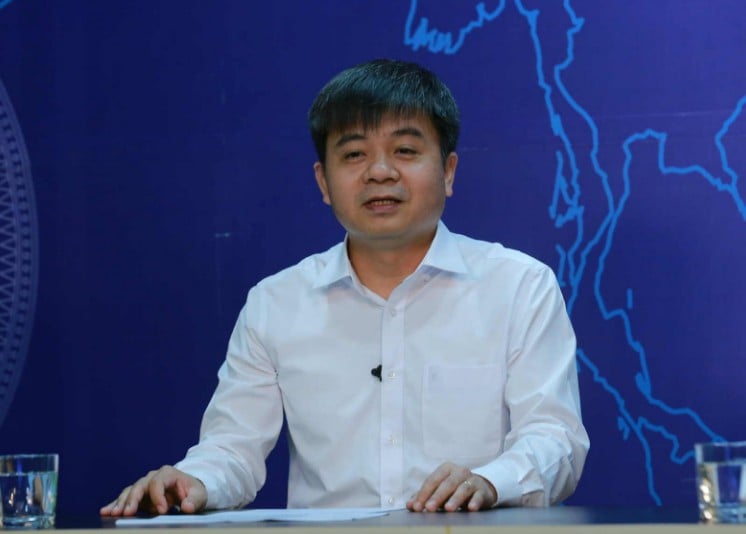 |
| Dr. Nguyen Van Hoi, Director of the Institute for Industry and Trade Policy and Strategy Research - Ministry of Industry and Trade. Photo: VGP/Minh Khoi. |
Vietnam must have Vietnamese science, technology and innovation to propose developments associated with supporting industry policies. Here, it is necessary to build support centers for the automobile industry, including other industries such as the automobile supporting industry must be large-scale, concentrated, and have fair competition globally.
We have to calculate because the market is small, if we only supply to different companies in Vietnam, the scale is not enough to develop. But all manufacturing sectors from supporting industries related to automobiles, we must fully support Vietnamese enterprises to participate. Not only supply to foreign investors in the country, but also participate in the global chain of sectors. That is an extremely important issue. Therefore, science and technology, innovation according to Resolution 57 of the Politburo as well as the Law on Science, Technology and Innovation.
"I fully believe that with breakthrough mechanisms and policies on science and technology and innovation in the coming period, the automobile industry as well as the automobile support industry will truly have businesses participating in the global chain," Mr. Hoi emphasized.
According to Mr. Hoi, Vietnam must focus on exporting. Here, it is not about exporting cars but about exporting auto parts, parts from science and technology and from our own production. Vietnamese enterprises can absolutely do it. With breakthroughs from science and technology and the experience of enterprises, we can absolutely make all the supporting industries for the auto industry from chassis, shell, lights, turn signals, transmission, steering system, etc. But on the condition that we must change in the direction of improvement, that is, we must have different science and technology because people have already done the old models and old standards.
One of the most important things in Vietnam is that we need to have very specific standards and regulations for Vietnam's industry. Most importantly, in the near future, we must have our own standards and regulations for batteries, accumulators, charging stations, bolts, screws...
Currently, the auto support industry enjoys relatively preferential policies, but there needs to be a stronger policy mechanism, most notably, according to Mr. Hoi, we look forward to the Law on Key Industrial Development that has been included in the National Assembly's discussion plan and passed in the coming period. This is truly a strong enough mechanism and policy in addition to related resolutions, the foundation for us to believe in the localization of the auto industry in the coming time and believe in the development of Vietnam's industry.
In addition, branding policy needs to be promoted in the coming time. Not only building the auto industry brand, but we also build the brand of auto industry products.
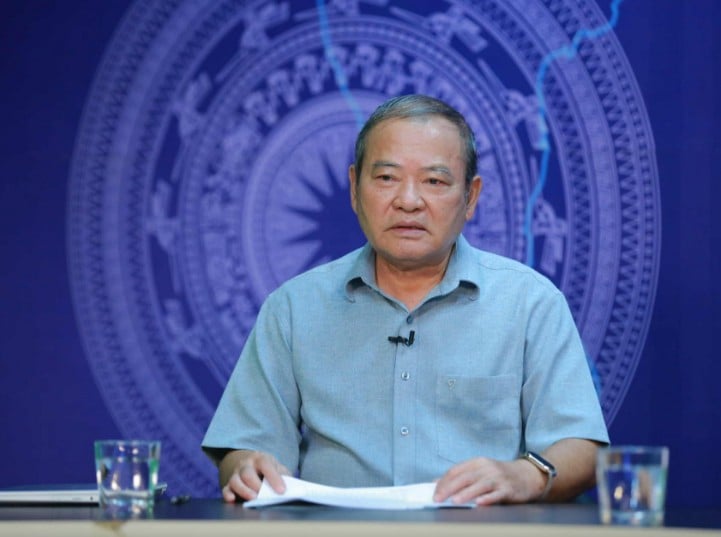 |
| Dr. Ngo Nhat Thai, an expert with more than 30 years of experience in the automobile manufacturing industry. Photo: VGP/Minh Khoi. |
According to expert Dr. Ngo Nhat Thai, in addition to technical solutions to adjust taxes, it is necessary to promote exports. Car manufacturers focus on localization when they can reduce costs, they can export.
"Currently, domestic prices are high compared to the world, so how can we export? So with policy, we have to think about what policy to make domestic car manufacturers, joint ventures... reduce their costs by localizing a lot. They attract their suppliers, set up factories here, then they can reduce costs and export. So if any car companies can export a lot, we should have incentives. The State should think about that part so that people who want to export a lot must reduce costs. That is the first priority. And to reduce costs, they must produce domestically," Mr. Thai suggested.
Another reality is that Vietnam’s metallurgical industry is currently very weak. Most of the metals used to make cars are imported, not to mention the components used to produce them. Some companies have imported production lines for car bodies, but the steel used to make car bodies still has to be imported.
"We have very large steel manufacturing companies but cannot supply them. Because the quantity is too small. And other materials too. Therefore, we need a State policy to encourage foreign investors to bring their production lines and production systems into Vietnam to reduce costs. And only then can we export. We cannot just strive to reduce domestic production costs to sell domestically," Mr. Thai analyzed.
Source: https://baodautu.vn/de-xuat-loat-giai-phap-nang-cao-ty-le-noi-dia-hoa-nganh-o-to-d388624.html



![[Photo] Discover unique experiences at the first World Cultural Festival](https://vphoto.vietnam.vn/thumb/1200x675/vietnam/resource/IMAGE/2025/10/11/1760198064937_le-hoi-van-hoa-4199-3623-jpg.webp)
![[Photo] General Secretary attends the parade to celebrate the 80th anniversary of the founding of the Korean Workers' Party](https://vphoto.vietnam.vn/thumb/1200x675/vietnam/resource/IMAGE/2025/10/11/1760150039564_vna-potal-tong-bi-thu-du-le-duyet-binh-ky-niem-80-nam-thanh-lap-dang-lao-dong-trieu-tien-8331994-jpg.webp)



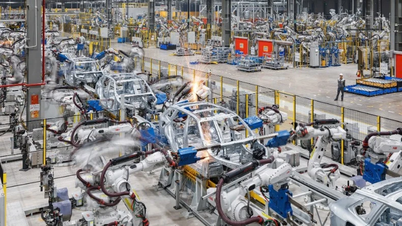

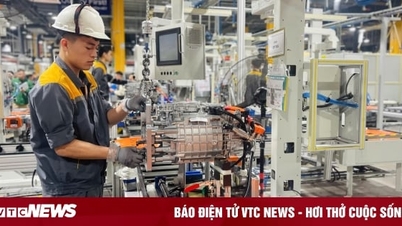





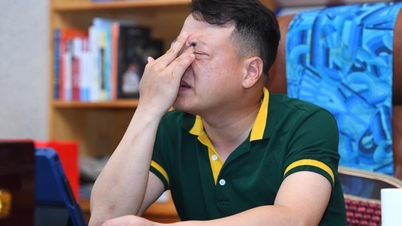

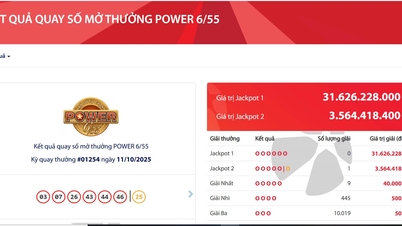









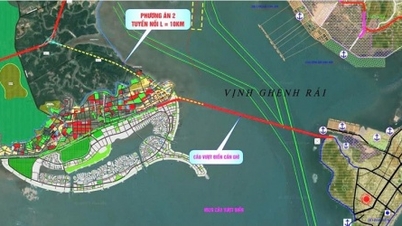


![[Photo] Opening of the World Cultural Festival in Hanoi](https://vphoto.vietnam.vn/thumb/1200x675/vietnam/resource/IMAGE/2025/10/10/1760113426728_ndo_br_lehoi-khaimac-jpg.webp)
































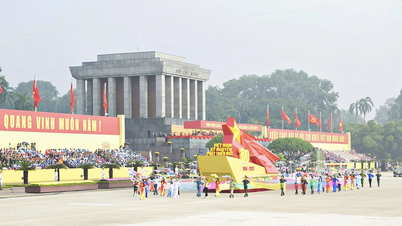


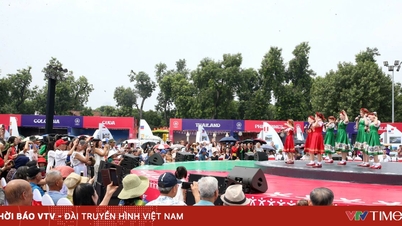


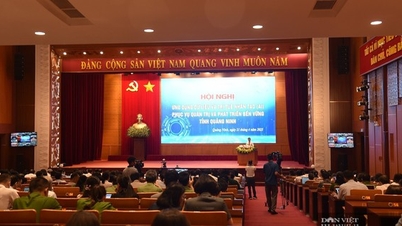


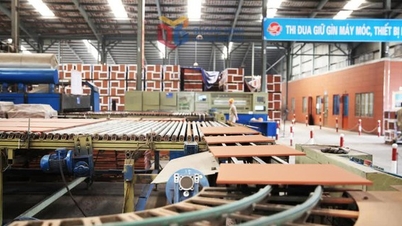
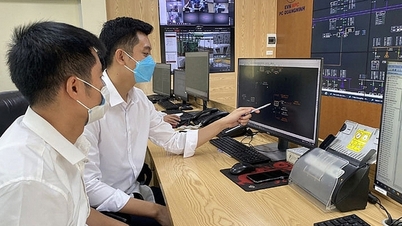
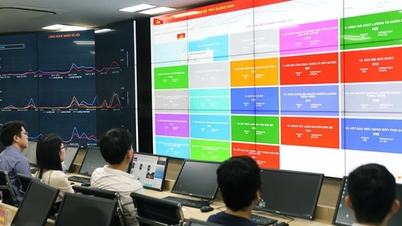
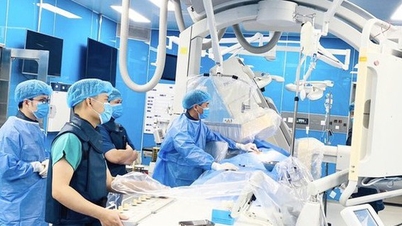


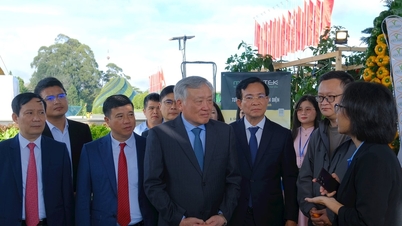






















Comment (0)